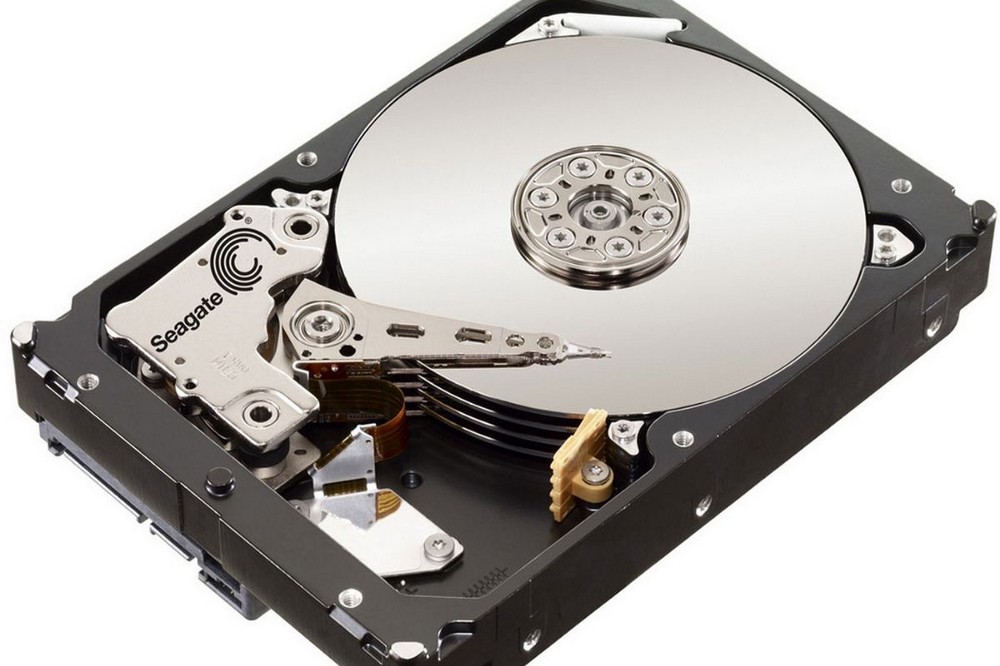SSD VS HDD: WHAT SHOULD YOU PICK?

Advantage of SSD Over Hard disk
Last Updated: june 6, 2020
The standard hard disk drive (HDD) has been the predominant storage device for computers (both desktops and laptops) for a long time. The main draw is the high storage capacity and low cost.

| Topic | SSD | HDD |
|---|---|---|
| Access time | An SSD has access speeds of 35 to 100 micro-seconds, which is nearly 100 times faster. This faster access speed means programs can run more quickly, which is very significant, especially for programs that access large amounts of data often like your operating system. | A typical HDD takes about 5,000 to 10,000 micro-seconds to access data. |
| Price | The price of a solid-state drive is higher than an HDD, which is why most computers with an SSD only have a few hundred gigabytes of storage. Desktop computers with an SSD may also have one or more HDDs for additional storage. | HDD is considerably cheaper than SSD, especially for drives over 1 TB. |
| Reliability | The SSD has no moving parts. It uses flash memory to store data, which provides better performance and reliability over an HDD. | The HDD has moving parts and magnetic platters, meaning the more use they get, the faster they wear down and fail. |
| Capacity | Although there are large SSDs, anything over 1 TB SSD is usually outside of most people’s price range. | Several terabyte hard disk drives are available for very reasonable prices. |
| Power | The SSD uses less power than a standard HDD, which means a lower energy bill over time and for laptops, an increase in battery life. | With all of the parts required to spin the platters, the HDD uses more power than an SSD. |
| Noise | With no moving parts, SSD generates no noise. | With the spinning platters and moving read/write heads, an HDD can sometimes be one of the loudest components in your computer. |
| Size | SSD is available in 2.5″, 1.8″, and 1.0″, increasing the available space available in a computer, especially a desktop or server. | HDDs are usually 3.5″ and 2.5″ in size for desktop and laptops respectively, with no options for anything smaller. |
| Heat | Because there are no moving parts and due to the nature of flash memory, the SSD generates less heat, helping to increase its lifespan and reliability. | With moving parts comes added heat which can slowly damage electronics over time, so the higher the heat, the greater the potential for wear and damage. |
| Magnetism | SSD is not affected by magnetism. | Because a hard drive relies on magnetism to write information to the platter, information could be erased from an HDD using strong magnets. |
Whenever we are buying a new computer we have to choose from a solid state drive or a hard disk drive. Which one is better? The answer is not a simple yes or no! It is a tad bit more complicated than that. Each person has different needs and it all depends on how they are planning to use the device. Let’s start from scratch!
What is HDD?

Hard Disk Drives (HDD) were first introduced in 1956, and they have been utilised in our devices since a very long time. A traditional hard drive contains a circular disk, platter, and uses an arm to read and write data. It utilises magnetism to store data on a rotating platter. A read/write head, installed on the arm, floats above the spinning platter to read and write data. Performance of HDD depends on the speed of the spinning platter. A regular hard drive ranges from 5,400 RPM and 7,200 RPM and some server-based platters can go up to 15,000 RPM.
The faster the drive spins the faster it is able to load data. It impacts how quickly your system responds and how long it takes for an installed application to load and open.
What is SSD?
A Solid State Drive or SSD is a newer storage drive which is already integrated into many devices. It is a type of drive in which information is stored on microchips and doesn’t include any moving parts. It is a flash storage device. SSD doesn’t rely on a mechanical arm to read and write data but on an embedded processor called controller helps to read and write data into interconnected flash memory chips. This controller helps to determine the speed of the SSD as it makes decisions on how to store, retrieve, cache and clean up data. The controller also keeps track of where the data is stored.
It is capable of much faster speeds than HDD as it relies on electronic storage rather than magnetic. NAND (Negative-AND) is the technology used in solid-state drives, it doesn’t need to be powered continuously to store data. With SSDs the waiting time to boot up, loading files, etc. is dramatically reduced.
HDD vs SSD
Capacity
Microchips are smaller and more compact than large hard drives. As the technology evolves, it leads to smaller and more compact storage units, in turn, making our devices thinner and lighter. That being said, cloud-based storage is also growing and people are shifting towards online means of storage rather than offline, reducing the need for high capacity physical storage devices.
Processing Speed
HDDs come with different speeds, so they give you the flexibility to choose your preferred speed as per your needs. SSDs also vary in speeds but they are generally faster than HDDs as they don’t have to rely on a mechanical arm to process data, they use flash memory. Boot up time is significantly lesser with SSDs.
Application Performance
As SSDs read files faster they’re able to run your applications smoothly as compared to HDDs. It is a big asset for users who use video editing and digital design software that require rapid rendering. If your workload is intense and you want your computer to execute tasks without any hiccups, SSD might just be the thing for you. And if your workload is minimal and your storage needs are greater, HDD would be a better pick for you.
Gaming
SSD cuts down boot time and loads large files faster but there isn’t any significant difference in the performance. Gaming is much more dependent on your RAM and graphics card.
Energy Consumption
SSDs use half or one-third the power typically used by HDDs. A laptop’s battery will last two to three times longer if it is using SSD. If you are concerned about power-saving, SSD is just right for you.
Durability
HDDs perform better in stationary locations where they are less susceptible to jolts and shock as they use a rotating disc and an arm. SSDs are less fragile and is much more capable of saving your data if you happen to drop it by accident. Therefore, if you are looking for a desktop, HDD will be a good pick as they are comparatively less subject to shock and jolts which can harm a hard drive. Laptops, on the other hand, are mobile and are more prone to jerks and shocks, which makes SSD more relevant in laptops. Let’s talk about external drives, it basically depends on your use. HDDs make more sense for regular use as they are relatively cheaper and offer more storage. You just need to take care of the drive and avoid any wear and tear. For professional use, SSDs are faster and saves a lot of time. It is more durable and mitigates the chances of data loss. Hence, it is preferred for use where cost isn’t a barrier and durability is a prime concern as the data is important.
Cost
SSDs are more expensive than HDDs. If you are looking for more storage capacity and you don’t mind compromising in boot time, HDDs are a good pick for you.

SSD is newer than HDDs and it is bound to have certain advancement than its preceding technology. It offers more reliability and durability with a justifiable increase in its cost. It depends on your preferences and needs to choose between the two.
